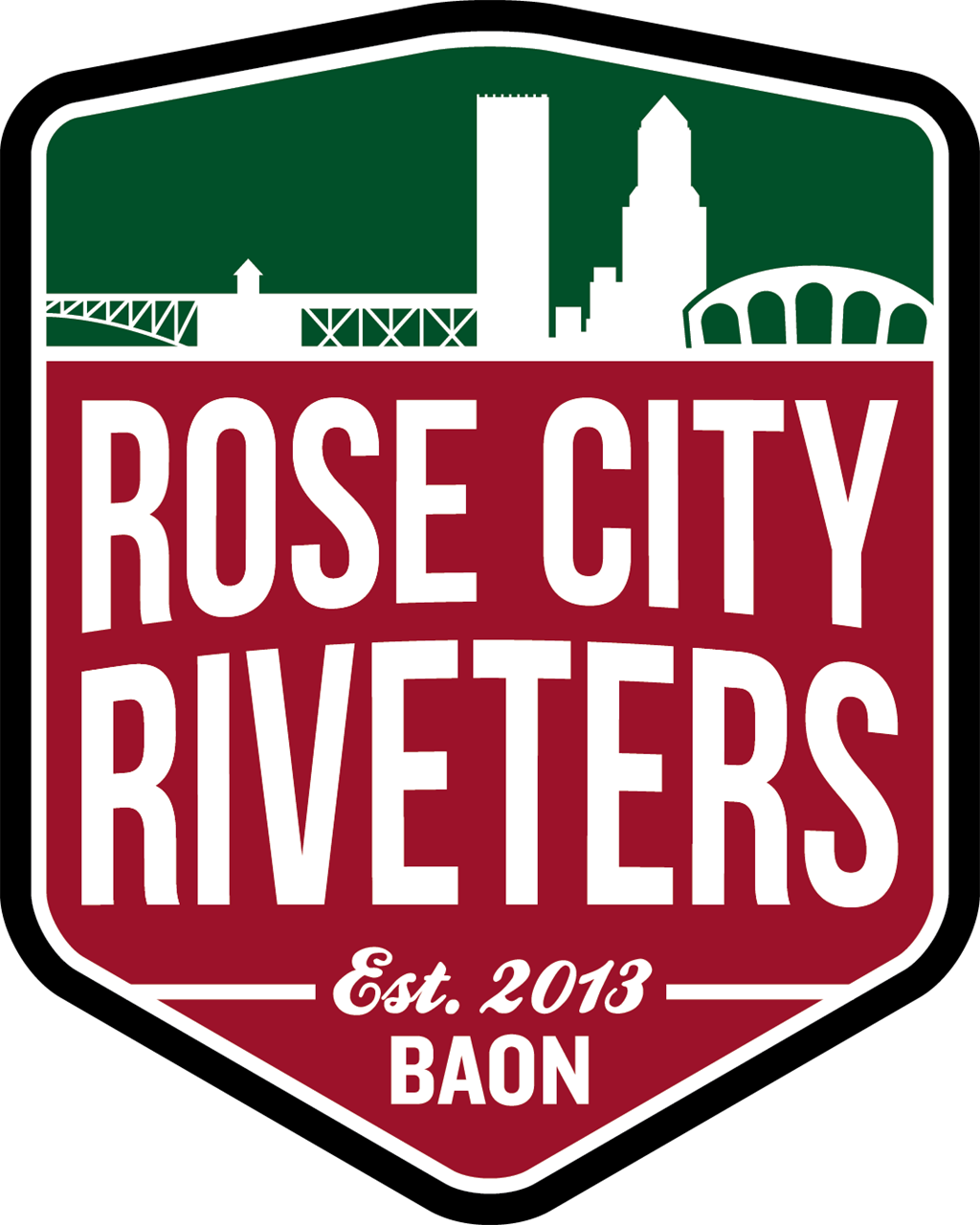Need a little lift after last night's match, a small reminder of why we stand for our Team, our Town, and one another? Come spend a night out with your fellow supporters THIS Thursday 4/30 and see a story with parallels to our own. One of ascendancy born out of true devotion.
Remember that all proceeds go to help fund the Jefferson HS field replacement project as well as the continued refurbishment of historic Cinema 21.
As promised a few weeks back, below is the long form review from our very own resident film critic extraordinaire and MC for the evening.
In the right setting, at the right time, a football team – a football CLUB – can mean much more than a collection of players trying to achieve positive results in sporting matches.
It can be an incarnation of the spirit of a place and a people, a celebration of a community, a distillation of collective identity, a sign post distinguishing one particular spot in the world from every other spot.
Wherever football thrives from the grassroots up, a message is borne in the communion of a team, a town and a tribe of supporters, a shout to the world that declares, 'We are here, this is who we are, and this is how we love and hate, succeed and suffer, celebrate and commiserate, strive and thrive.'
If you're a fan of the Portland Timbers, you're fortunate enough to live amongst a group of people who have felt the primal urge to pool their passion for a game, a team, and a town and turn it into a genuine collective that comes together to affirm Portland's singularity, to buoy the players, to benefit the populace at large, and to create a culture and atmosphere that turns every day into match day and every match day into an epic carnival.
Of course, Portland is hardly unique in being a place where football is an occasion for community-building. All over the world, especially in towns where the passion for the game runs thick and deep, individuals come together to lift team, town, and terrace as one.
Some of these places are global icons of the sport: Buenos Aires, Liverpool, Milan, Barcelona.
Others are best known to aficionados: Hoffenheim, Kiryat Shmona, Sunderland, and, yes, Cascadia.
But, as revealed in the sprightly, engaging, and sometimes moving documentary “Jack to a King,” there's a special spot for Swansea, Wales, in that list of places where a sport and a team become a living symbol of a community.
The film is subtitled “The Swansea Story,” and it is exactly that: the story of a team, Swansea City FC, and of its town, and how the two entities have, in the very recent past, taken turns lifting one another, the fans saving the team from bankruptcy, the team rewarding the fans with historically high levels of achievement. It's all true, but it has the feel-good romance of a Hollywood story – complete with comic villains, bumbling schemers, and hometown heroes.
“Jack to a King” brings viewers close in on a place which time, fashion, and, alas, football all seemed, at one sad point, to have forgotten. Founded in 1912, the Swans have spent a century as one of the dominant teams in a region with a small but ardent football culture. They'd long been a powerhouse in Wales, but they only reached the top-flight of English football for the first time in the 1980s, and their stay in those heady climes was brief. From the mid-'80s on, as the team struggled on the field and the town faced economic hardships of its own, it seemed that Swansea City were fated to plummet further and further into lower-division football, and maybe out of the professional league ranks altogether.
You could argue that the nadir came in 2001, when Swansea were sold to a dodgy businessman for £1 – that is ONE POUND STERLING, or about $1.85 at the time. Or you could argue that the nadir was just two years later, when Swansea took the field in the last game of the season needing a win to avoid being relegated into the Football Conference, where they were as likely to play matches against amateur teams as against other fallen league sides. But whichever you choose as your low point, you'd have to admit that it was very, very low indeed.
But a remarkable thing happened. When the situation was at its worst, the fans – the ordinary fans and some deep-pocketed angels among them – rallied to support the club and buy it outright from the various consortia that had attached themselves to it, barnacle-style. Under new ownership with strong local ties, the Swans, miraculously, resurrected, rising steadily back up the ladder of professional league football, building themselves a new home stadium, and, wonder of wonders, entering the last match of the 2010-11 campaign with promotion to the Premiership, the world's richest footballing league, hanging beguilingly in the balance.
Director Marc Evans tells this wild rags-to-riches-to-rags-to-riches story with great intimacy, humanity, and humor. We get a strong sense of the people of Swansea, particularly a handful of those who swore themselves to save the club whether through money, hard work, or, in the case of a charmingly silly pair of would-be tough guys, sinister tactics. We hear from the players, the fans, and the owners – not only the heroes who rescued the club but even one of the carpetbaggers who nearly killed it. And we journey along with all of them, through highs and lows, glories and perils, from the frightening moment when the club dangled over the trap door to oblivion all the way through to the otherworldly spectacle of a caravan of buses headed to London to watch the team take a 90-minute chance at rising to the highest heights of the professional footballing pyramid.
“Jack to a King” is an exhilarating and inspiring portrait of how something as apparently meaningless as a sport can come to embody the very essence of a community. In its depiction of fans coming together to save their team and a team responding by lifting its fans to new heights of achievement, it offers powerful evidence that, in certain places, at certain times, a football team can be, in the words of Barcelona FC's motto, “More than a club” – it can be, indeed, the very heart of a place and its people.
- Shawn Levy


